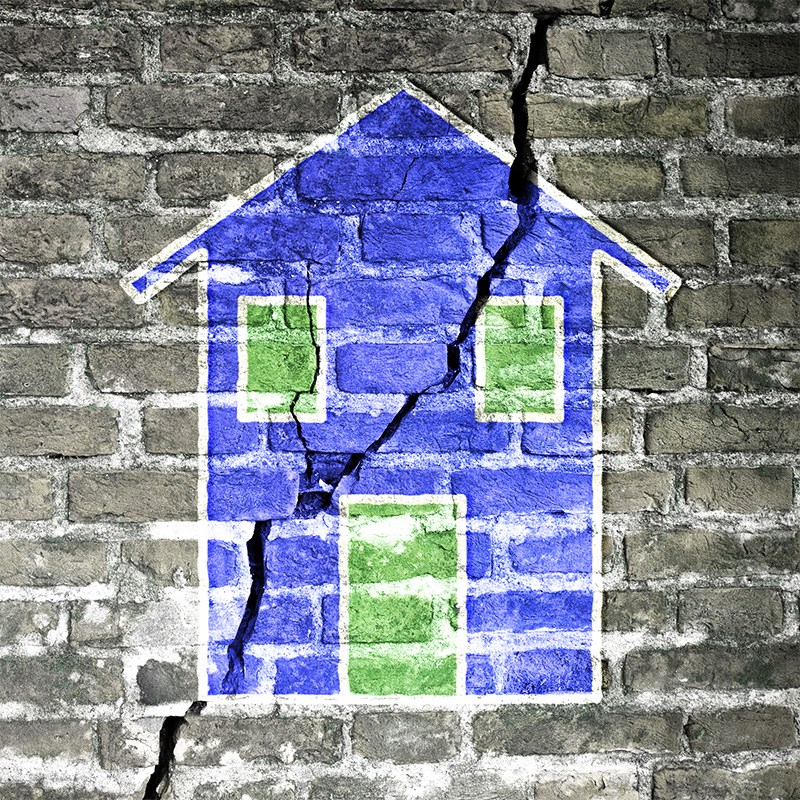This week, the provincial government released the results of a survey of B.C. residents’ attitudes towards disaster preparedness and the overall theme of responses seem to be that laziness and apathy prevent people from preparing for an emergency.
As well, less than half of Metro Vancouver residents are insured against earthquakes, and those who are aren’t sure to what degree they are protected.
According to a survey of more than 1,200 British Columbians, most people are aware they are vulnerable to earthquakes, if they are on the coast, and to wildfires or floods if they live in the Interior.
But when it comes to establishing an emergency plan, only 54% of respondents say they have started one but only 13% say it’s complete.
This lack of initiative is understandable. It’s human nature to put off things that don’t have any immediacy and the fact that we don’t know when the Big One will strike makes us put off preparing for it.
But one Coquitlam resident wants us to pay more attention to the risk. This New Horizons resident became concerned that he lives next to the Coquitlam River, which has a dam at its headwaters. He was worried that people weren’t aware about the potential for flooding if the dam was to burst in an earthquake.
He then set wheels in motion that will now ensure residents know the risk, although it’s extremely low. (The dam was built to withstand a one in 10,000 quake). Cities and BC Hydro will now be making a map available that shows where flooding would occur in the event the dam is destroyed and how long it would take before water will arrive.
This kind of effort shows that some British Columbians are taking disaster planning seriously.
We recommend cities or the province provide discounted grab-and-go kits and emergency planning information for residents every year at tax time, or when property tax assessments are sent out.
Yes, it’s up to British Columbians to take some personal initiative. But if governments can make it easy and keep the pressure on every year, it’s worth it to prevent chaos in the event disaster does strike.



